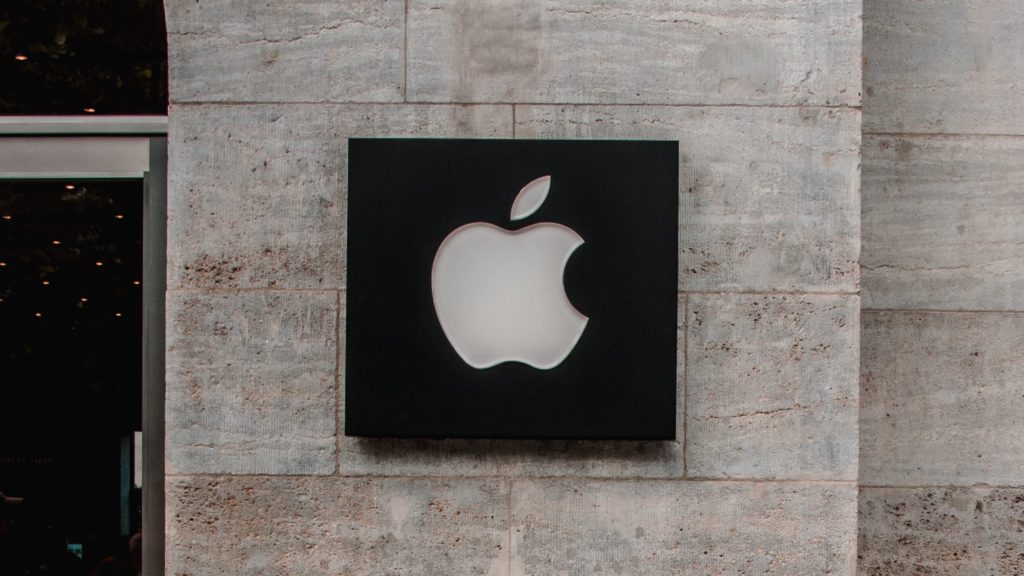LONDON – The Thomson Reuters Foundation presented its annual Stop Slavery Award to a company that has been previously criticized for partnering with offshore suppliers who employed underage workers and used employment tactics that fall under the definition of slavery and human trafficking. The award was presented to tech giant Apple, not because of the past sins of companies in its supply chain, but because of the significant progress that it has made in combating the inhumane practices that had previously existed.
The award was presented at Thomson Reuters third annual Trust Conference in London. It “recognizes companies that have taken concrete steps to eradicate forced labor from their supply chains. The aim is to create a virtuous cycle, a positive paradigm to demonstrate that business can play a critical role in putting an end to modern-day slavery worldwide.”
Governments can pass laws against trafficking, bondage, and abuse in the workplace, but those laws are generally toothless. The most effective force to stop slavery in the business world is the company at the top of the supply chain. The larger the company, the more impact it can have on the economic viability and survival of its suppliers.
It is estimated that more than 40 million people are trapped in forced labor or marriages. About 25 million work as indentured servants on farms, fishing boats, at construction sites, in factories, and as domestic workers.
A large number of cases involve conspiracies in which workers pay exorbitant sums to obtain jobs in which the pay will never be adequate enough to repay the debt incurred in finding the job. Other workers are forced to surrender their passport or other ID to their employers, effectively reducing their ability to move about freely. The latter practice has the same effect on workers as a prison wall.
Paula Pyers, Apples, Head of Supplier Responsibility, said,
We work hard to make sure everyone across our company, and our supply chain, is treated with the dignity and respect they deserve. We . . . will never stop in our mission to raise standards and end forced labor wherever it exists.
Angela Ahrendts, Head of Retail at Apple told the conference,
As a company whose work touches the lives of so many people, we feel we have an enormous responsibility…to turn our values into action. Though we’ve only just started, we see a tremendous opportunity to be a beacon of hope for trafficking survivors by integrating them into our worldwide retail teams.
The Independent in the UK reported that Apple is running training programs for employees working throughout its supplier network. The training apprises the workers of their rights as employees, their safety and wellbeing, and how to avoid being a victim of human trafficking. More than 100,000 employees have already participated in the training.
Beyond providing training, Apple has returned a total of $350 million to 35,000 workers who had been forced to pay excessive fees to unscrupulous recruiters.
Interested readers may find more detailed information in the Supplier Responsibility section of Apple’s annual report.
The Apple Supplier Code of Conduct details protections for our suppliers’ employees, including proper living conditions, fair working hours, and workplace safety. Suppliers are required to inform their employees about these protections when they are hired, and employees are guaranteed safe, anonymous channels to voice concerns if they arise.
The Code’s policies and standards apply to Apple’s partners at all levels, from material sourcing all the way through manufacturing, and are expected to be upheld even when they exceed local, regional, and country laws.
Apple’s standards are having an impact on employees outside of its own supplier network as other tech companies like Google, Dell, Amazon, and HP, have joined the Responsible Business Alliance and have implemented codes of conduct similar to Apple’s.
To read more news on 21st Century Slavery on Missions Box, go here.
Sources:
- The Independent, Apple given stop slavery award as it opens up about trying to stop abuses in its supply chain
- The Trust Conference, Putting the Rule of Law Behind Human Rights
- The Stop Slavery Award, About the Award
- Sight Magazine, Apple to employ trafficking survivors in efforts to eradicate slave labor
